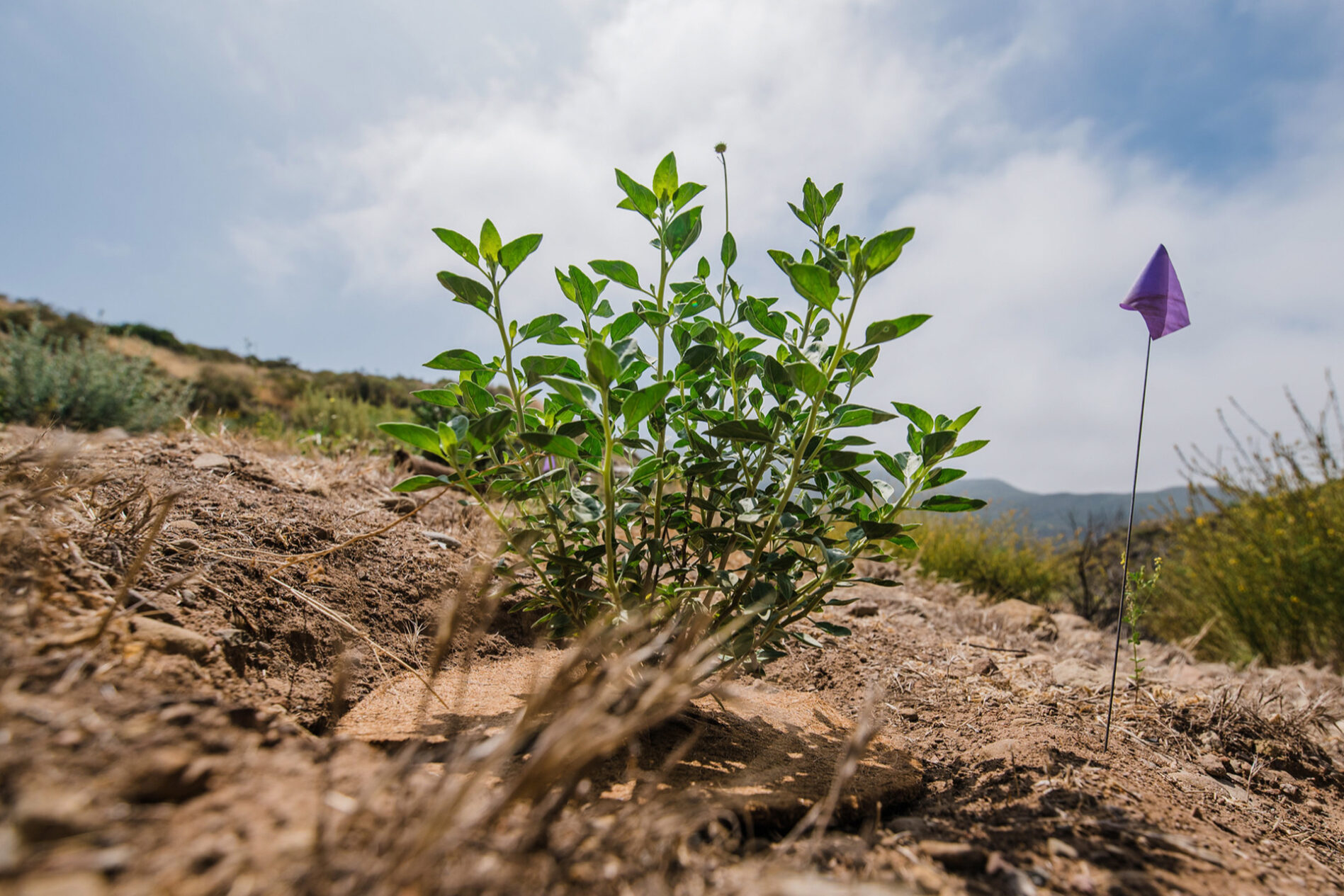Actor Ed Begley Jr. recently joined us on Instagram Live to share his experiences in environmental activism and advocacy and wanted to share some practical tips so you can also reduce your impact on the environment.
Remember that you don’t always have to start big if you want to be more sustainable. Little steps are a great way to start!
Instead of driving, consider riding your bicycle or taking public transportation when possible
Riding your bike or taking the bus or Metro not only reduces fuel emissions, but you’ll also save money that would’ve gone to buy gas!
Take up home gardening or composting
You don’t need to have a backyard to start your own garden; many folks have been able to grow produce on apartment balconies or even in their own homes! Gardening is a great way to save money on buying groceries and composting helps to recycle kitchen scraps and green waste into nutrients vital for vegetable and plant growth.
Consider reducing your consumption of meat
Raising cattle, pigs, and chickens puts a huge strain on the planet’s resources and often contributes to increased greenhouse emissions. Meatless Mondays is a good place to start if you’d like to reduce your meat consumption gradually; it helps boost your health and the health of the planet!
Unplug any electronics that you’re not using
Did you know that a turned-off television can still use up to 120W of electricity? This is known as Vampire Power. Even though electronics are turned off, power grids still deliver electricity that often goes to waste! A great way to save money on your electric bill is to plug unnecessary electronics into power strips that you can turn off with the press of one button when not in use.
Apply weatherstripping to door and windows
Oftentimes, our doors and windows are not completely shut when we close them on cold nights. Cold air can seep through cracks in doors and windows, causing us to crank up the thermostat and run high utility bills. Weatherstripping helps seal these openings and maintain indoor temperatures so you don’t have to reach for the thermostat all the time.
Consider investing in energy-saving appliances
Nowadays, appliances have become much more energy-efficient (low-water-use washing machines or inverter microwaves, for example). A good first step can be replacing your old incandescent light bulbs with either halogen, fluorescent, or LED light bulbs.
How are you doing your part to help our planet?

